Home>Furniture & Design>Outdoor Furniture>Why Do Outdoor Solar Lights Stop Working?
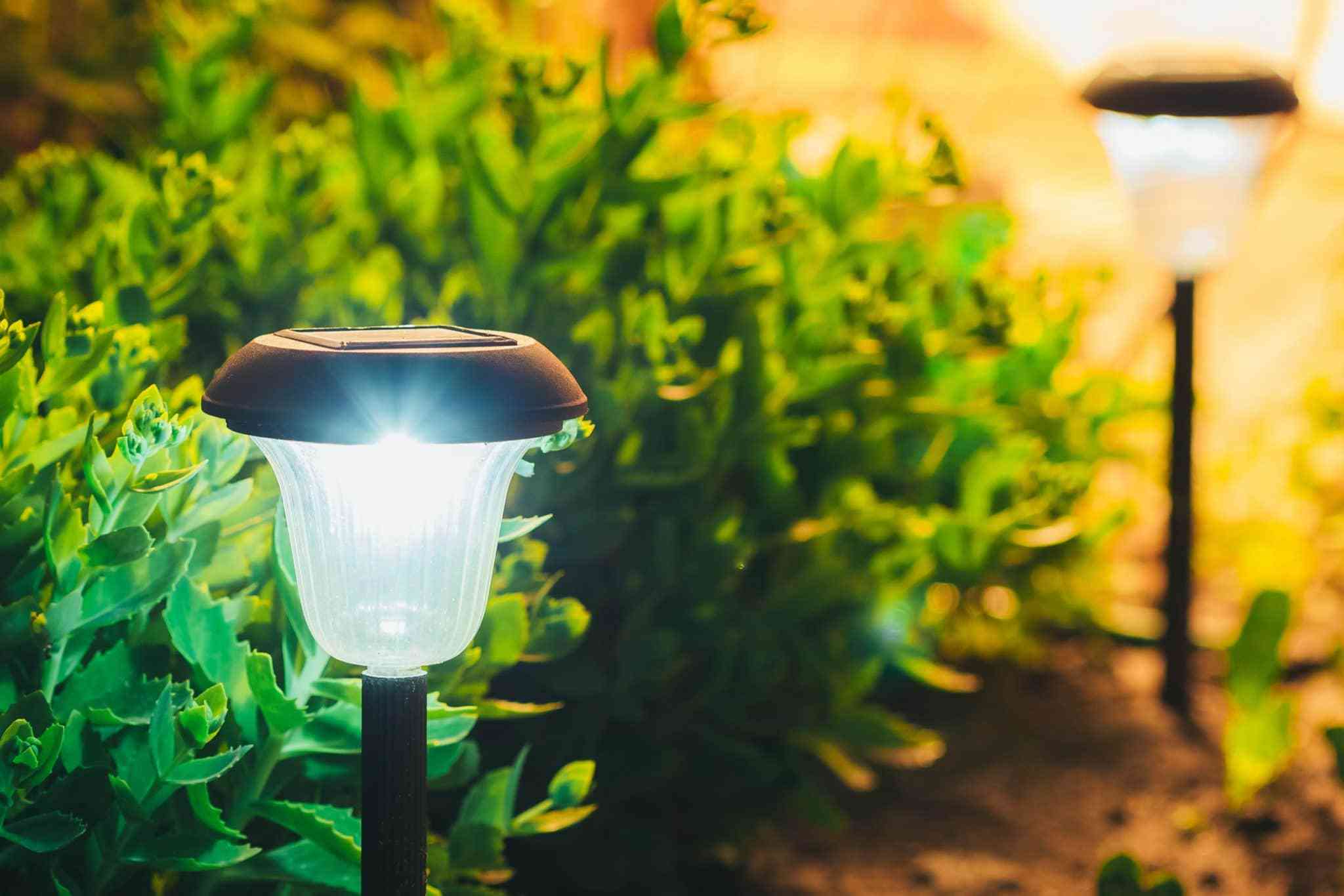

Outdoor Furniture
Why Do Outdoor Solar Lights Stop Working?
Modified: March 26, 2024
Discover the reasons why outdoor solar lights stop working and how to troubleshoot them. Get expert tips on maintaining outdoor furniture and design.
(Many of the links in this article redirect to a specific reviewed product. Your purchase of these products through affiliate links helps to generate commission for Storables.com, at no extra cost. Learn more)
Introduction
Outdoor solar lights are a popular and eco-friendly way to illuminate your garden, patio, or walkway. These energy-efficient fixtures harness the power of the sun to provide soft, ambient lighting without adding to your electricity bill. However, despite their numerous benefits, outdoor solar lights can sometimes stop working, leaving your outdoor spaces dim and uninviting. Understanding the common reasons behind this issue and learning how to prevent it can help you make the most of your solar lighting investment.
In this article, we'll explore the various factors that can cause outdoor solar lights to stop working, from battery issues to water damage and faulty wiring. Additionally, we'll provide practical maintenance tips to help you keep your solar lights in optimal working condition. By gaining a deeper understanding of these topics, you'll be better equipped to troubleshoot and maintain your outdoor solar lighting setup, ensuring that it continues to brighten your outdoor areas for years to come.
So, if you've ever wondered why your outdoor solar lights suddenly stopped shining, or if you simply want to learn how to extend the lifespan of these eco-friendly fixtures, you're in the right place. Let's delve into the common reasons for outdoor solar lights failing and discover effective maintenance strategies to keep them shining brightly.
Key Takeaways:
- Keep your outdoor solar lights shining by cleaning the panels, replacing batteries, and protecting them from water and corrosion. Regular maintenance ensures reliable illumination and energy efficiency.
- Understanding common issues like battery degradation and faulty wiring helps you troubleshoot and prevent outdoor solar light failures. With proper care, enjoy eco-friendly lighting for years to come.
Read more: How Do Outdoor Solar Lights Work?
Common Reasons for Outdoor Solar Lights to Stop Working
Outdoor solar lights are designed to withstand various weather conditions and provide reliable illumination. However, several factors can contribute to these lights ceasing to function as intended. Understanding the common reasons behind their failure can help you troubleshoot and address the issues effectively. Here are the primary culprits:
Battery Issues
The rechargeable batteries in outdoor solar lights are essential for storing the energy collected during the day and powering the lights at night. Over time, these batteries can degrade, leading to diminished capacity and performance. Extreme temperatures and prolonged exposure to moisture can also impact battery life. Additionally, if the solar panel isn’t receiving adequate sunlight due to obstruction or positioning issues, the batteries may not fully charge, resulting in insufficient power for the lights to operate throughout the night.
Faulty Photocells
Photocells, also known as light sensors, play a crucial role in the automatic operation of solar lights. They detect ambient light levels and trigger the lights to turn on at dusk and off at dawn. When photocells malfunction, the lights may exhibit erratic behavior, such as not turning on at night or staying illuminated during the day. Dust, dirt, or damage to the photocells can interfere with their functionality, leading to operational issues.
Damaged Solar Panels
The solar panels on outdoor lights are responsible for capturing sunlight and converting it into electrical energy. If the panels become scratched, cracked, or covered with dirt and debris, their ability to generate power is compromised. As a result, the batteries may not receive an adequate charge, causing the lights to dim prematurely or not turn on at all.
Read more: Why Outdoor Lights Not Working
Water Damage
Exposure to moisture and precipitation can be detrimental to the internal components of outdoor solar lights. Water infiltration can lead to corrosion, short circuits, and damage to electronic circuitry. Additionally, if water seeps into the battery compartment, it can degrade the batteries and reduce their lifespan. Proper sealing and weatherproofing are essential to protect solar lights from the harmful effects of water.
Corrosion and Rust
In humid or coastal environments, outdoor solar lights are susceptible to corrosion and rust, especially in metal components such as stakes, frames, and mounting hardware. Corrosion can impede the electrical connections and mechanical functionality of the lights, leading to performance issues and potential failure. Regular inspection and maintenance can help identify and address corrosion before it causes significant damage.
Faulty Wiring
The wiring within solar lights can degrade over time due to exposure to the elements, temperature fluctuations, and physical wear. Frayed or damaged wiring can disrupt the flow of electricity, leading to intermittent operation or complete failure of the lights. Additionally, poor connections or loose wiring can contribute to voltage drops and inconsistent performance.
By understanding these common reasons for outdoor solar lights to stop working, you can proactively address potential issues and take steps to prevent premature failure. In the following sections, we’ll explore essential maintenance tips to help you keep your solar lights operational and maximize their lifespan.
Maintenance Tips to Prevent Outdoor Solar Lights from Failing
Proactive maintenance is key to ensuring the longevity and optimal performance of outdoor solar lights. By implementing regular upkeep practices, you can mitigate common issues and keep your solar fixtures shining brightly. Here are essential maintenance tips to prevent outdoor solar lights from failing:
Read more: Why Do Luminara Candles Stop Working
Regular Cleaning
Periodic cleaning is crucial to remove dirt, dust, and debris that can accumulate on the solar panels, reducing their efficiency in capturing sunlight. Use a soft cloth or sponge and a mild detergent to gently clean the panels. Avoid abrasive cleaners or rough materials that could scratch the surface. Additionally, inspect the light fixtures for any dirt or residue that may obstruct the illumination and clean them as needed. By keeping the solar panels and light surfaces clean, you can ensure optimal light output and energy conversion.
Checking and Replacing Batteries
Regularly inspect the rechargeable batteries in your solar lights and replace them as needed. If the lights exhibit diminished performance or fail to stay illuminated throughout the night, it may indicate a decline in battery capacity. When replacing batteries, ensure they are compatible with the specific requirements of your solar lights and follow the manufacturer’s recommendations. Properly functioning batteries are essential for storing solar energy and providing reliable illumination after sunset.
Protecting from Water and Corrosion
Take proactive measures to protect outdoor solar lights from water damage and corrosion. Ensure that the seals and gaskets on the light fixtures are intact and provide effective weatherproofing. Periodically inspect the components for signs of corrosion, especially in coastal or humid environments. Apply a corrosion-resistant coating or lubricant to metal parts to prevent rust and degradation. Additionally, consider installing lights with durable, non-corrosive materials in areas prone to moisture exposure.
Inspecting and Repairing Wiring
Regularly inspect the wiring and electrical connections within the solar lights to identify any signs of wear, damage, or corrosion. Ensure that the wiring is securely connected and free from fraying or exposed conductors. Address any issues promptly by repairing or replacing damaged wiring to maintain reliable electrical continuity. Proper insulation and protection of wiring from environmental elements are essential to prevent voltage drops and electrical malfunctions.
By incorporating these maintenance tips into your routine, you can safeguard your outdoor solar lights against common causes of failure and ensure that they continue to illuminate your outdoor spaces effectively. Proactive maintenance not only extends the lifespan of your solar lights but also enhances their overall performance and energy efficiency.
Read more: Why Are My Outdoor String Lights Not Working
Conclusion
Outdoor solar lights offer a convenient and energy-efficient way to illuminate outdoor spaces while reducing reliance on traditional electricity sources. However, to ensure that these eco-friendly fixtures continue to operate reliably and effectively, it’s essential to understand the common reasons for their failure and implement proactive maintenance practices.
From battery issues and faulty photocells to water damage, corrosion, and faulty wiring, various factors can contribute to outdoor solar lights ceasing to function as intended. By being aware of these potential issues, you can take preemptive measures to address them and prevent premature failure.
Regular cleaning of solar panels and light fixtures, along with diligent inspection and replacement of rechargeable batteries, are fundamental maintenance tasks that can help sustain the performance of outdoor solar lights. Protecting the lights from water damage and corrosion, as well as ensuring the integrity of the internal wiring, are equally important in preventing operational issues and maximizing the lifespan of these fixtures.
By incorporating these maintenance tips into your routine, you can enjoy consistent and reliable illumination from your outdoor solar lights, enhancing the ambiance and functionality of your outdoor living spaces. Additionally, by harnessing the power of the sun, you can contribute to energy conservation and environmental sustainability.
So, whether you’re lighting up a garden pathway, accentuating your landscaping, or creating a cozy outdoor ambiance, maintaining your outdoor solar lights is essential for long-term performance and enjoyment. With proper care and attention, these eco-friendly fixtures will continue to brighten your outdoor areas, providing both practical illumination and aesthetic appeal for years to come.
Remember, the sun may set each evening, but with well-maintained outdoor solar lights, the radiance of your outdoor spaces can endure throughout the night.
Frequently Asked Questions about Why Do Outdoor Solar Lights Stop Working?
Was this page helpful?
At Storables.com, we guarantee accurate and reliable information. Our content, validated by Expert Board Contributors, is crafted following stringent Editorial Policies. We're committed to providing you with well-researched, expert-backed insights for all your informational needs.
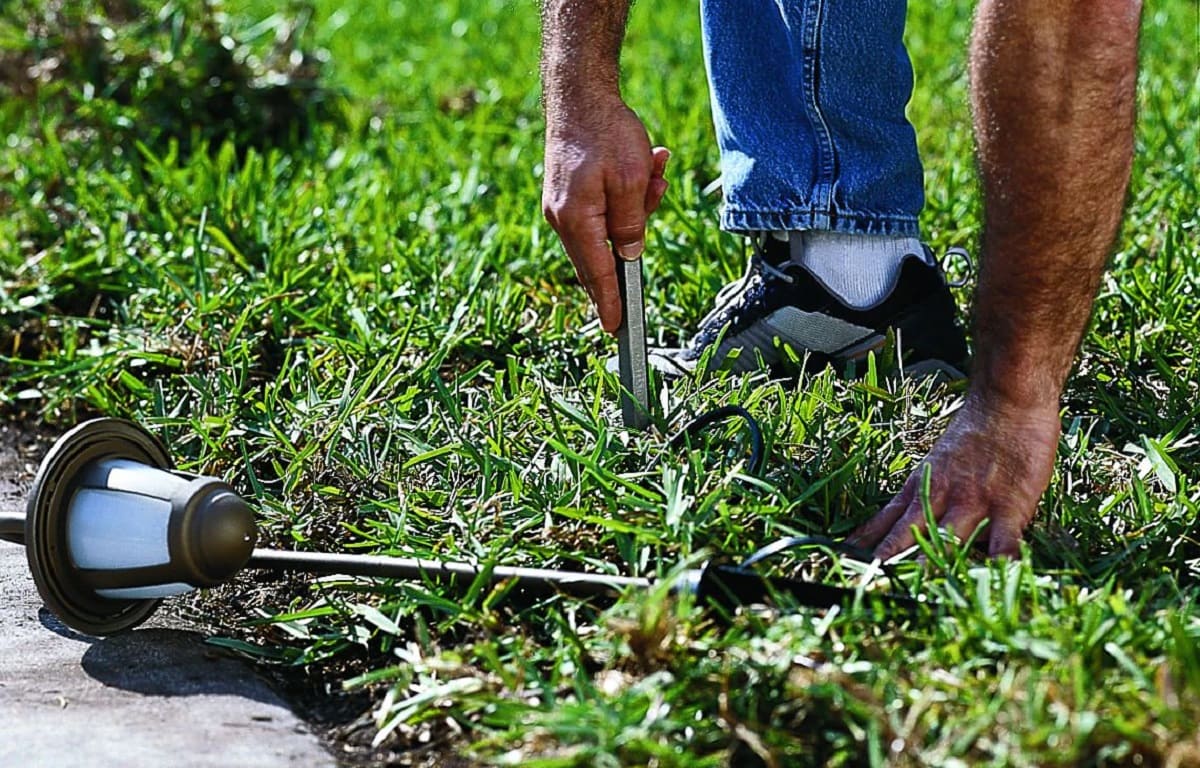
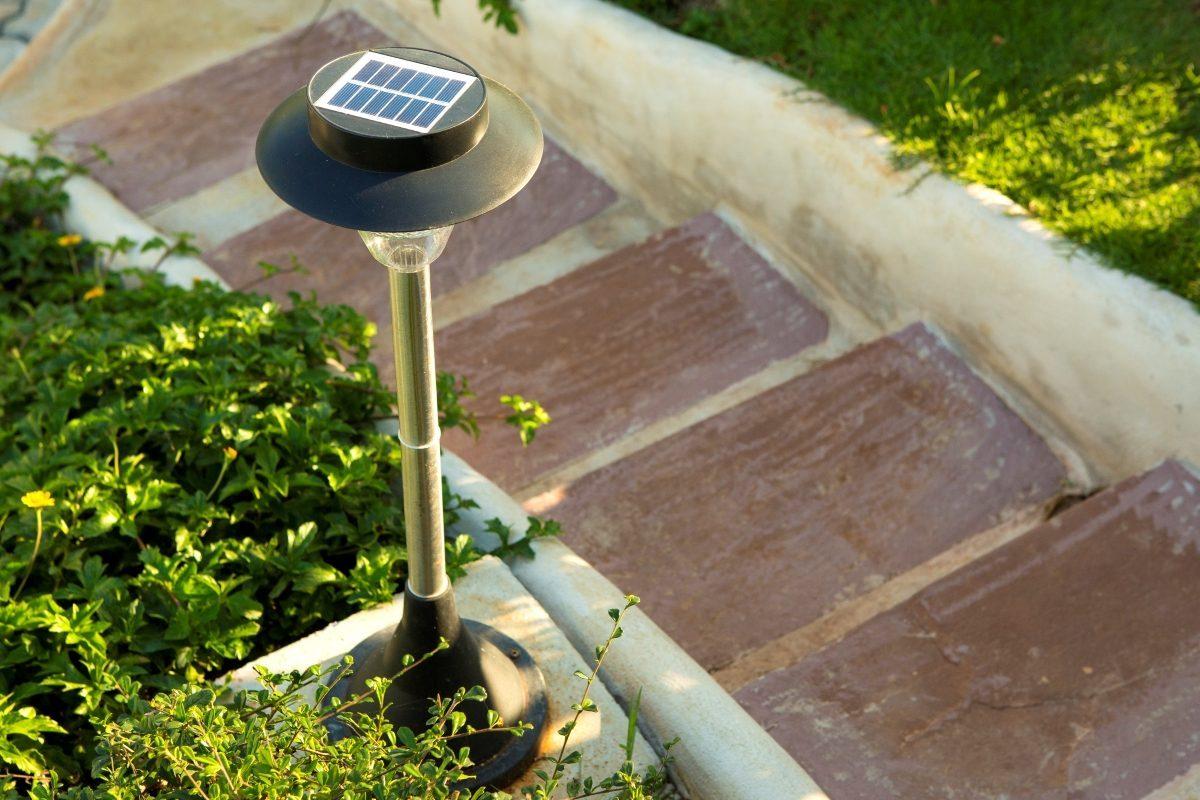
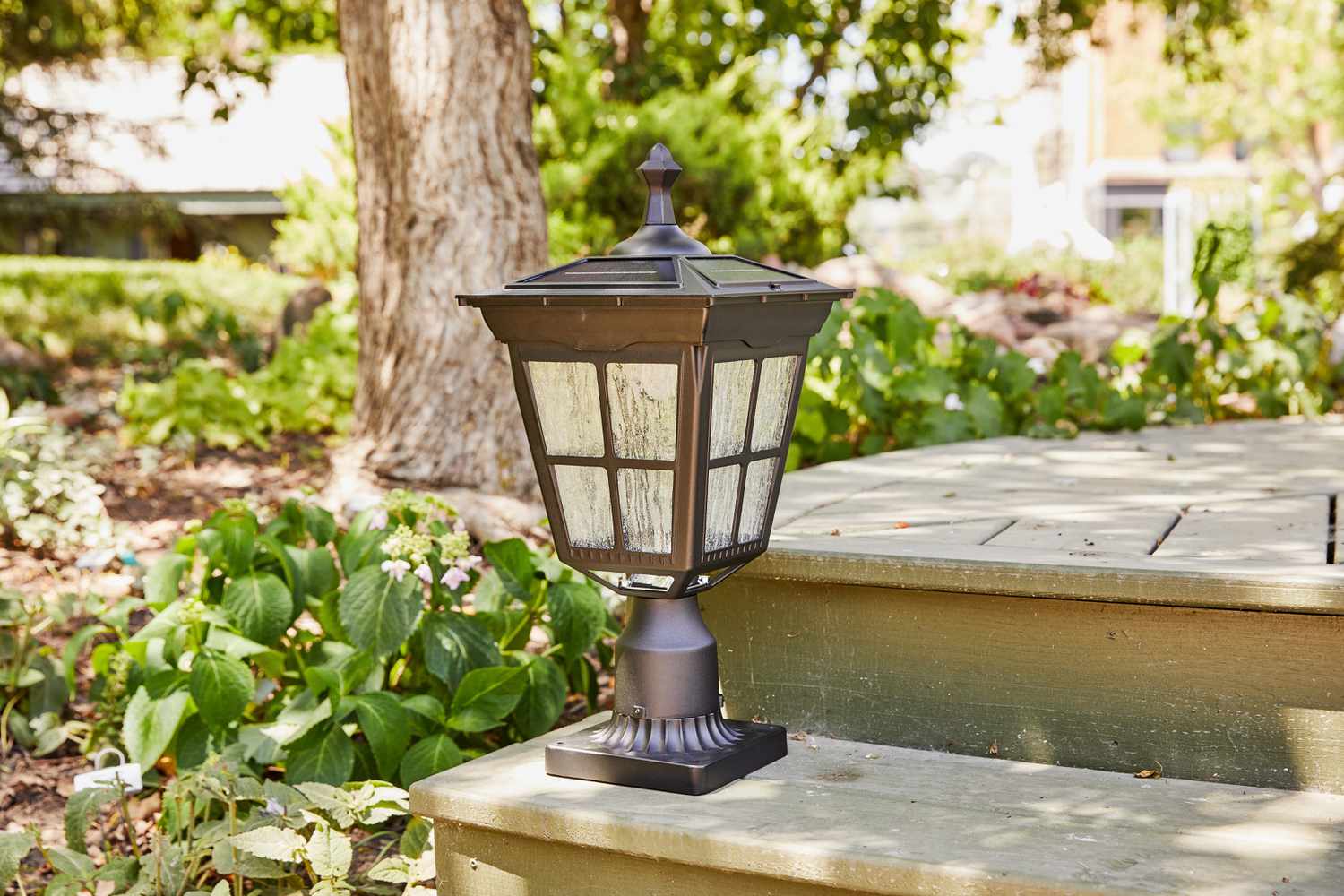
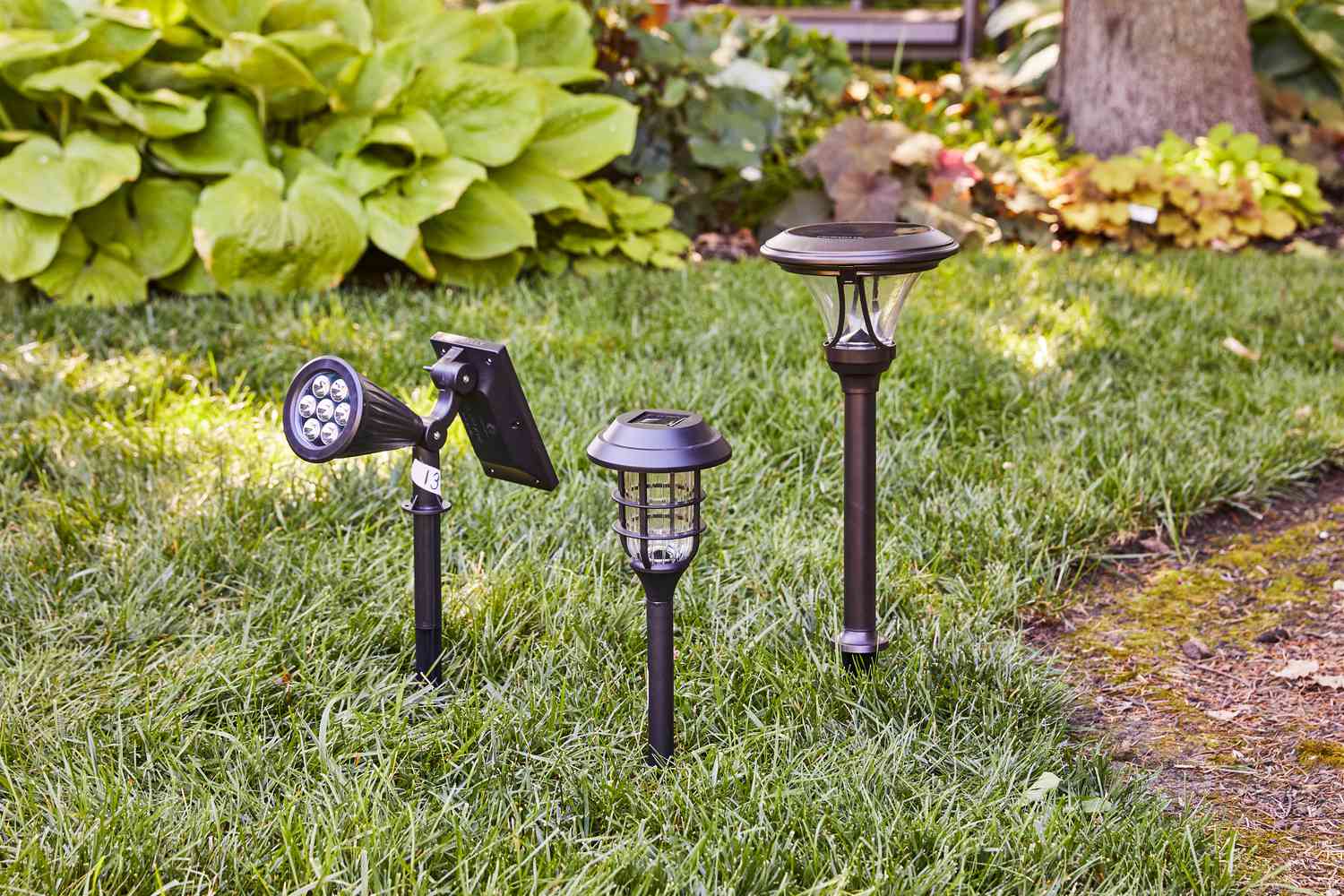
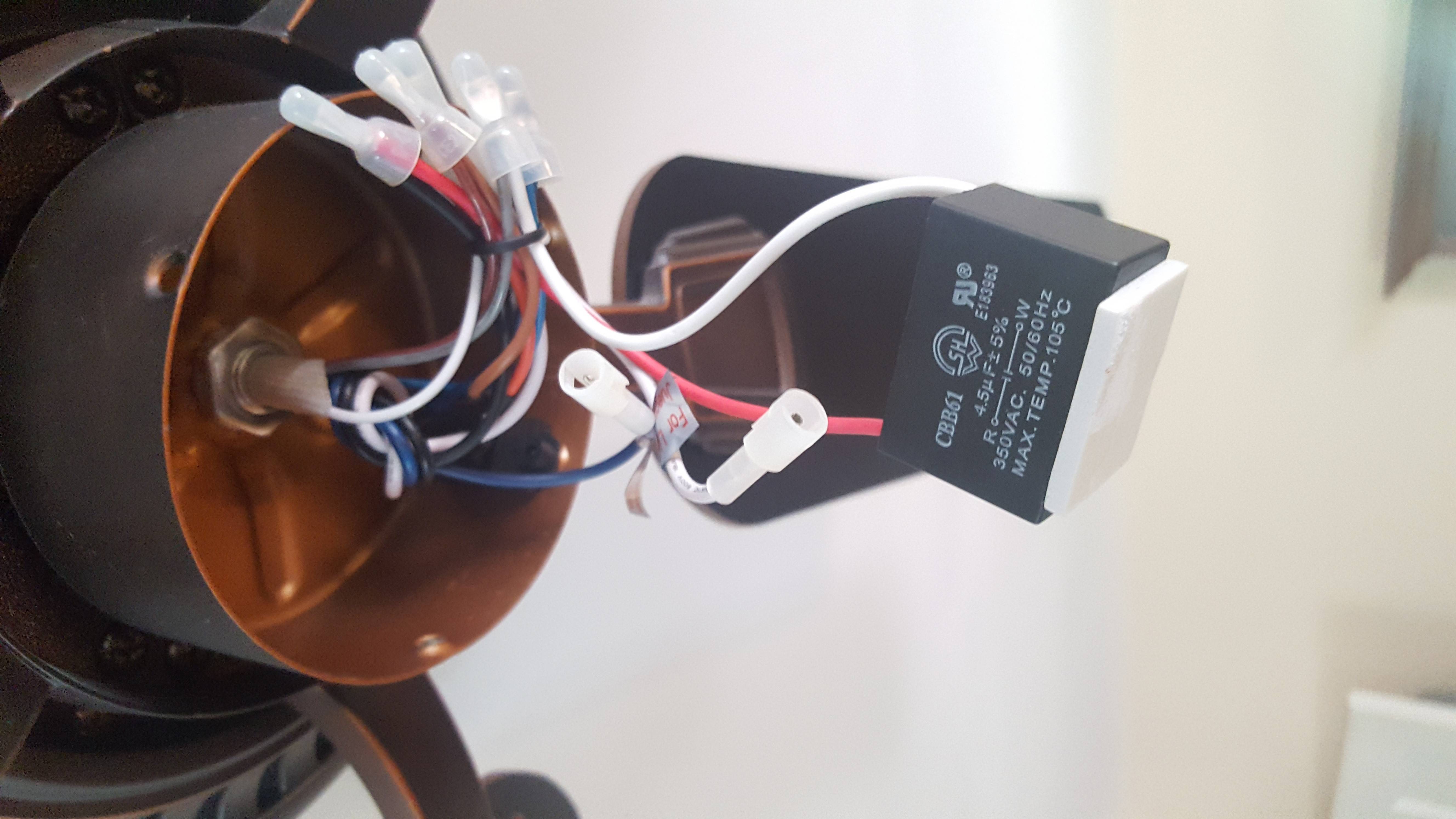

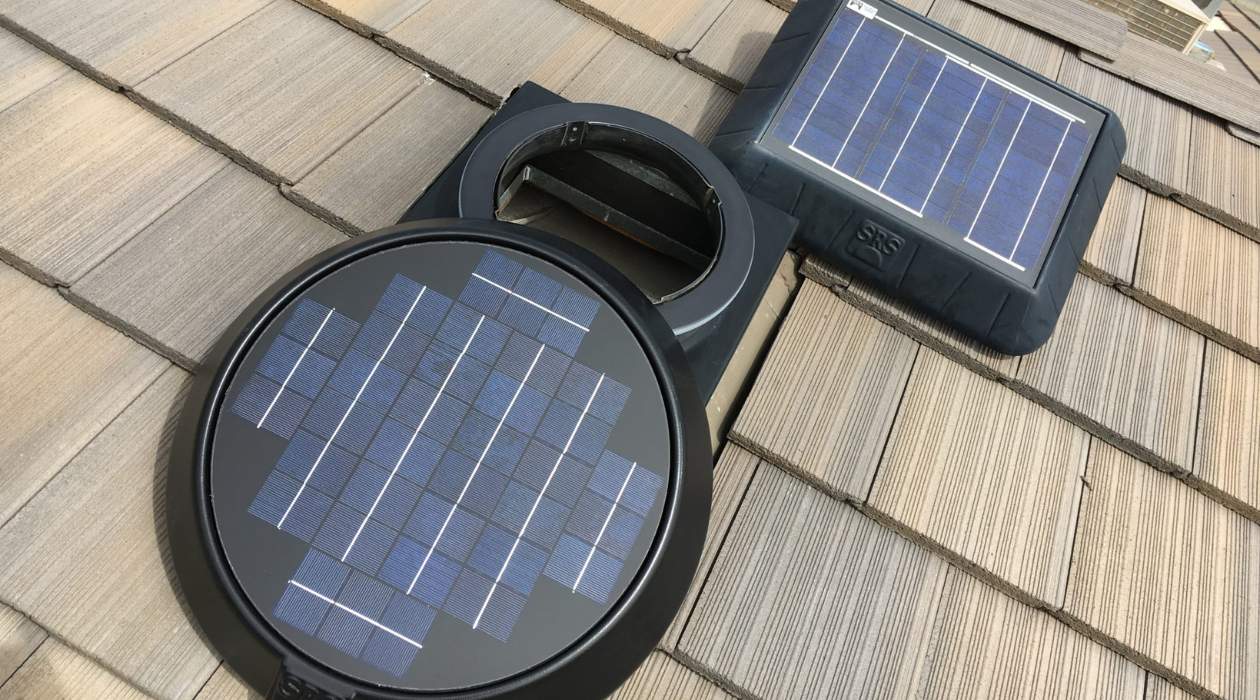
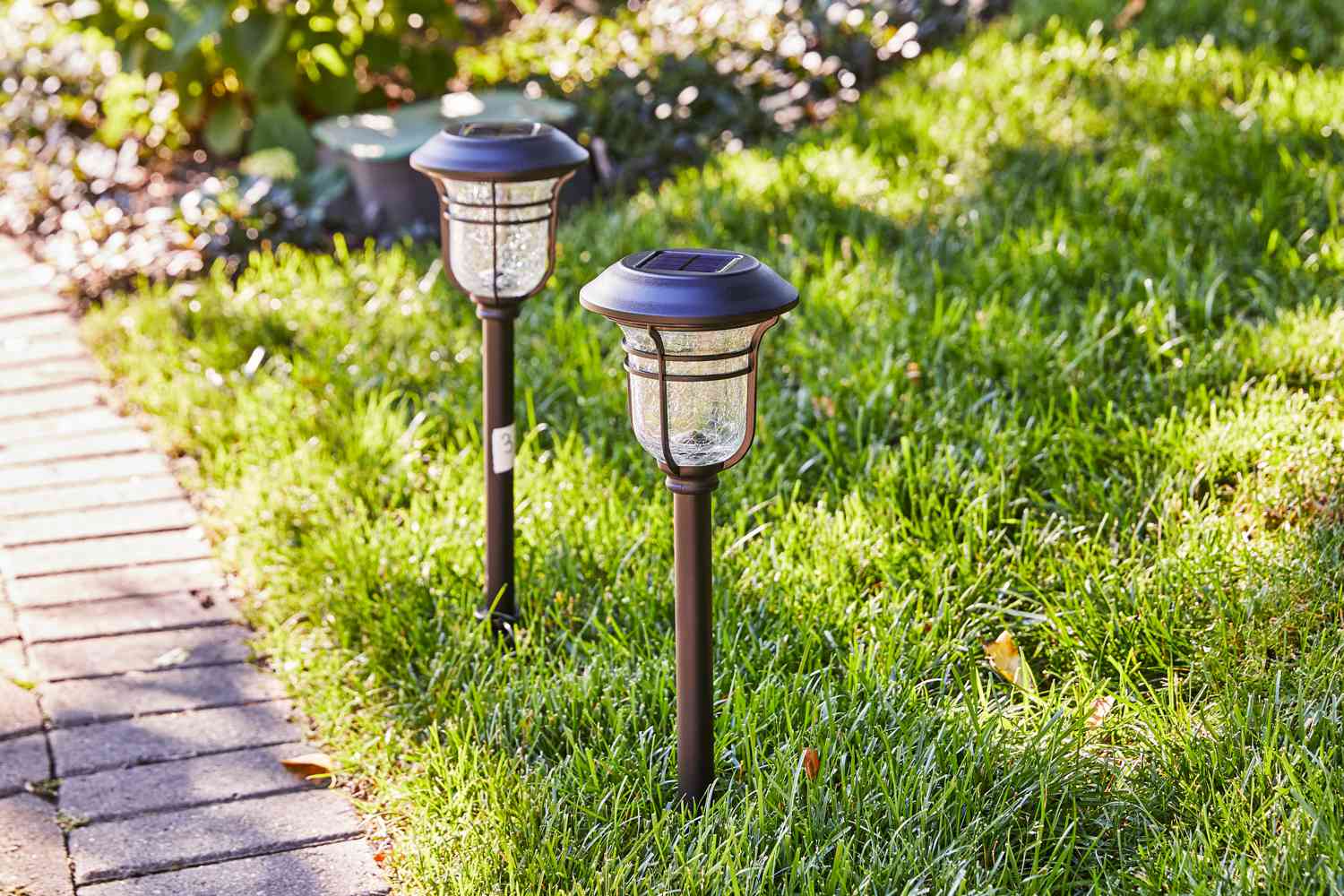
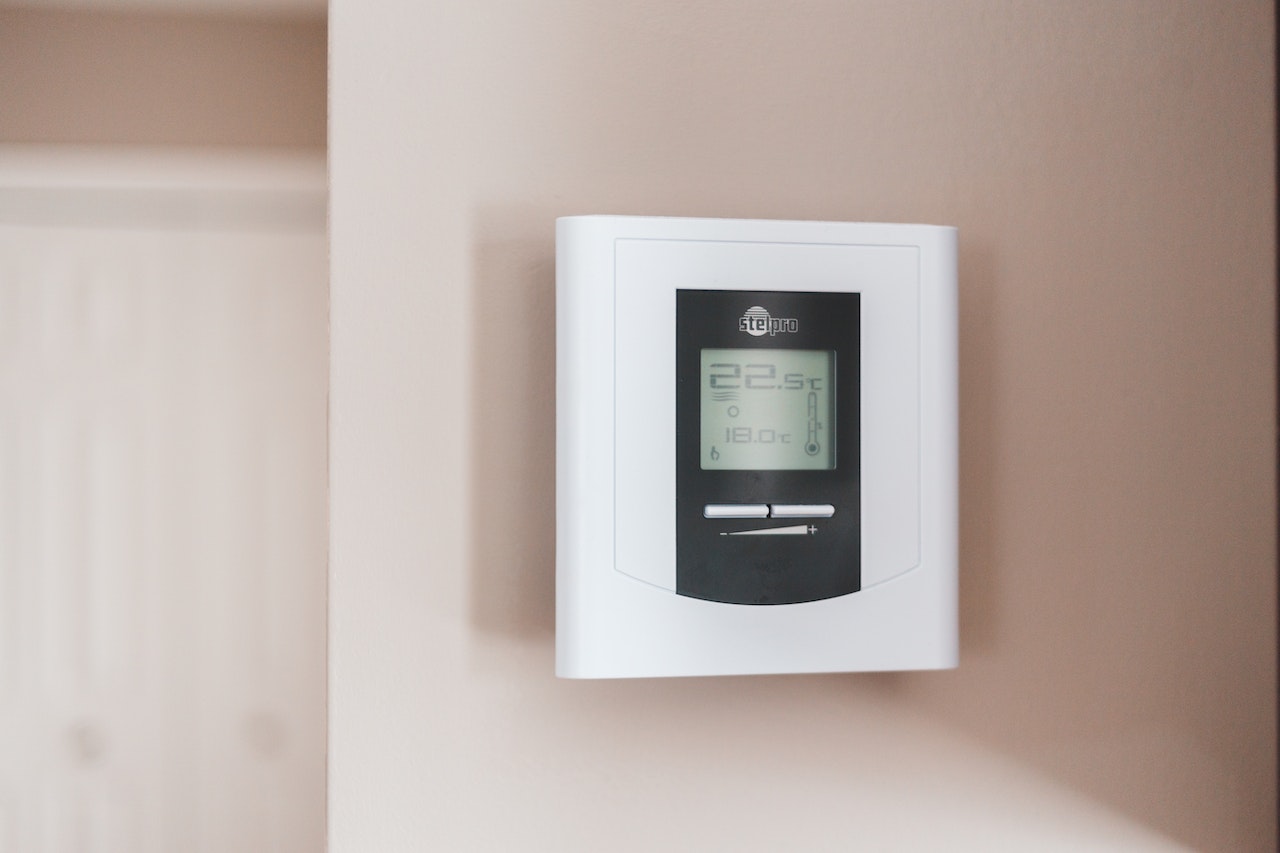
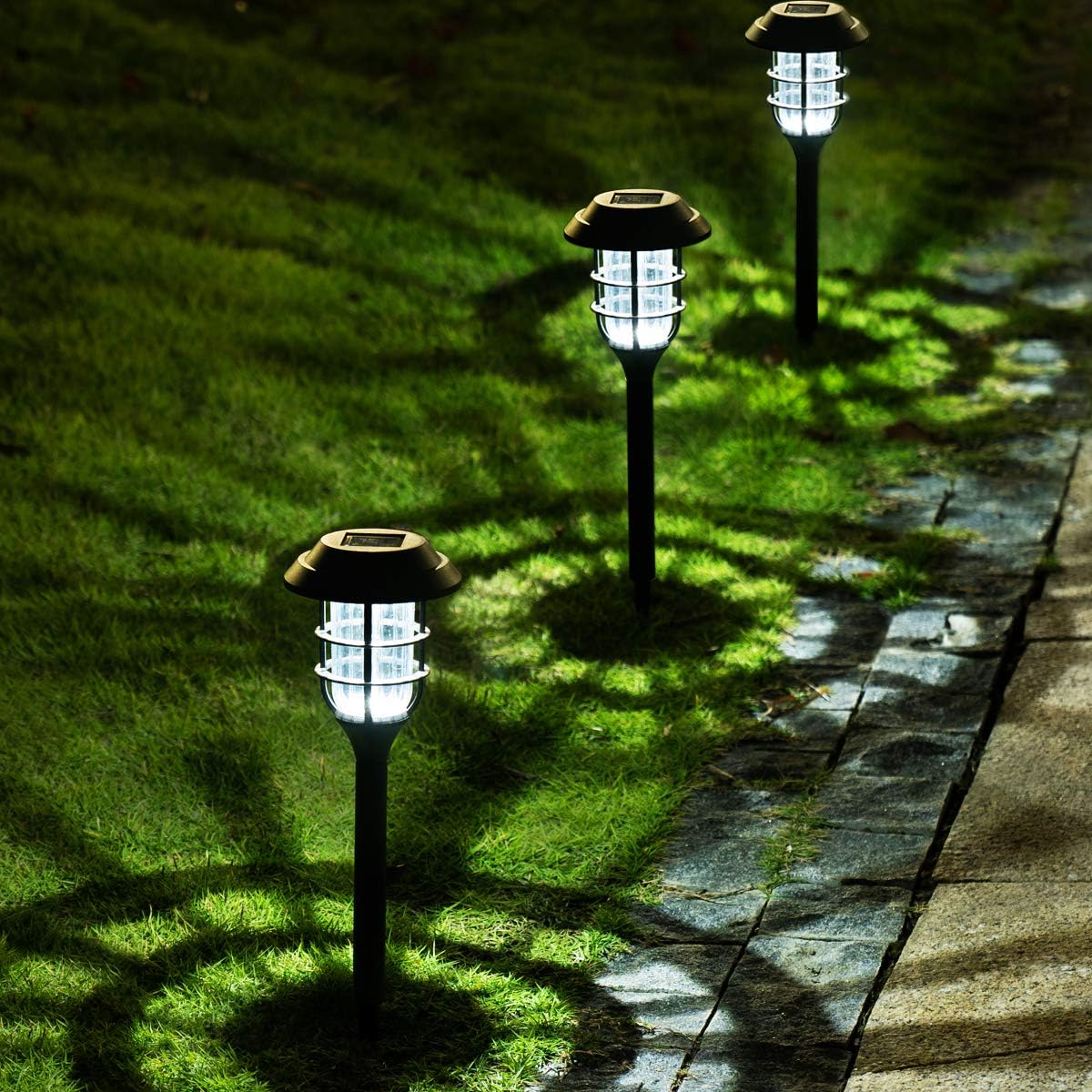
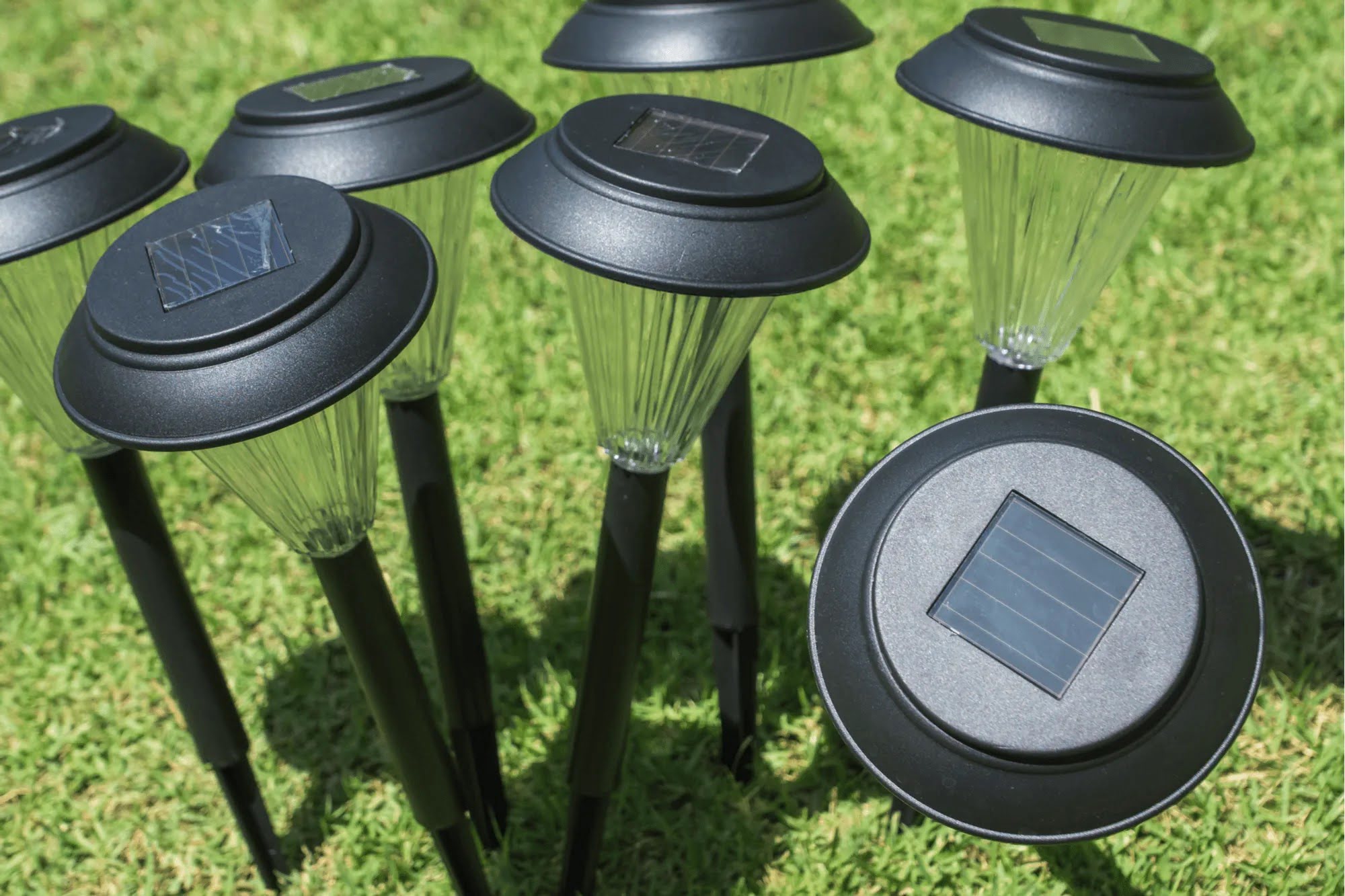
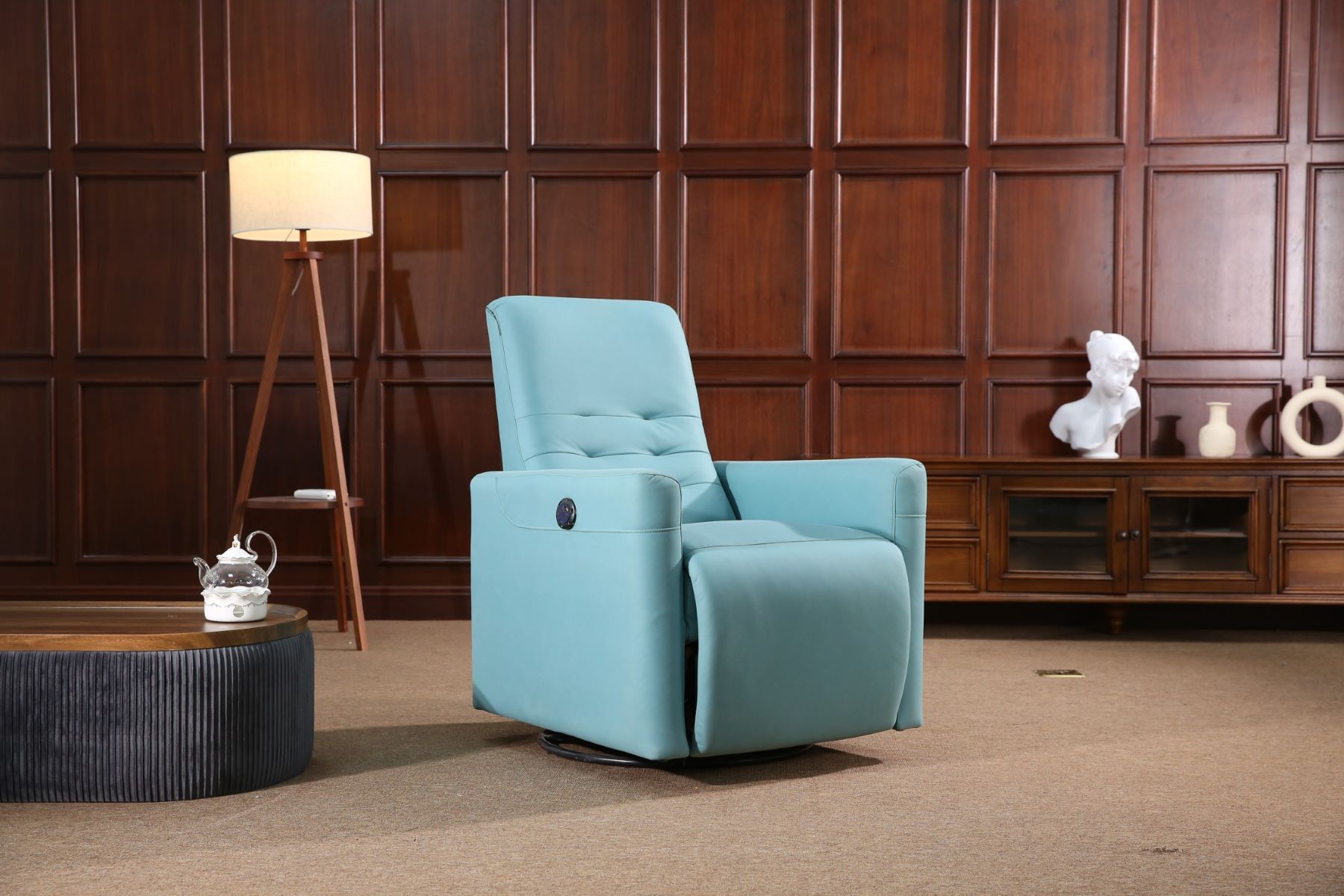

0 thoughts on “Why Do Outdoor Solar Lights Stop Working?”